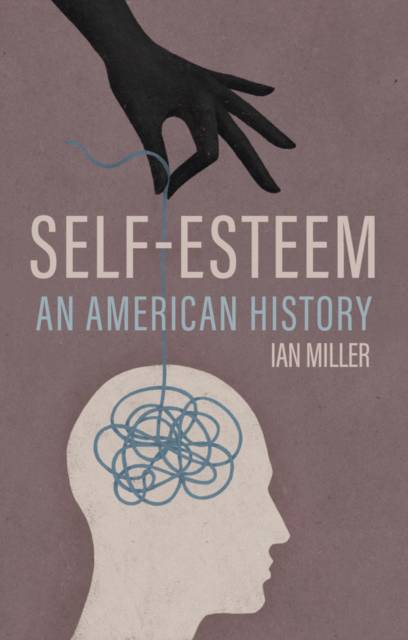
- Retrait gratuit dans votre magasin Club
- 7.000.000 titres dans notre catalogue
- Payer en toute sécurité
- Toujours un magasin près de chez vous
- Retrait gratuit dans votre magasin Club
- 7.000.0000 titres dans notre catalogue
- Payer en toute sécurité
- Toujours un magasin près de chez vous
Description
By the end of the twentieth century, the idea of self-esteem had become enormously influential. A staggering amount of psychological research and self-help literature was being published and, before long, devoured by readers. Self-esteem initiatives permeated American schools. Self-esteem became the way of understanding ourselves, our personalities, our interactions with others. Nowadays, however, few people think much about the concept of self-esteem--but perhaps we should.
Self-Esteem: An American History is the first historical study to explore the emotional politics of self-esteem in modern America. Written with verve and insight, Ian Miller's expert analysis looks at the critiques of self-help that accuse it of propping up conservative agendas by encouraging us to look solely inside ourselves to resolve life's problems. At the same time, he reveals how African American, LGBTQ+, and feminist activists have endeavored to build positive collective identities based on self-esteem, pride, and self-respect.
This revelatory book will be essential reading for anyone with an interest in the history of mental health and well-being, and in how the politics of self-esteem is played out in today's US society and culture.
Spécifications
Parties prenantes
- Auteur(s) :
- Editeur:
Contenu
- Nombre de pages :
- 280
- Langue:
- Anglais
Caractéristiques
- EAN:
- 9781509559404
- Date de parution :
- 30-04-24
- Format:
- Livre relié
- Format numérique:
- Genaaid
- Dimensions :
- 155 mm x 231 mm
- Poids :
- 576 g

Les avis
Nous publions uniquement les avis qui respectent les conditions requises. Consultez nos conditions pour les avis.






